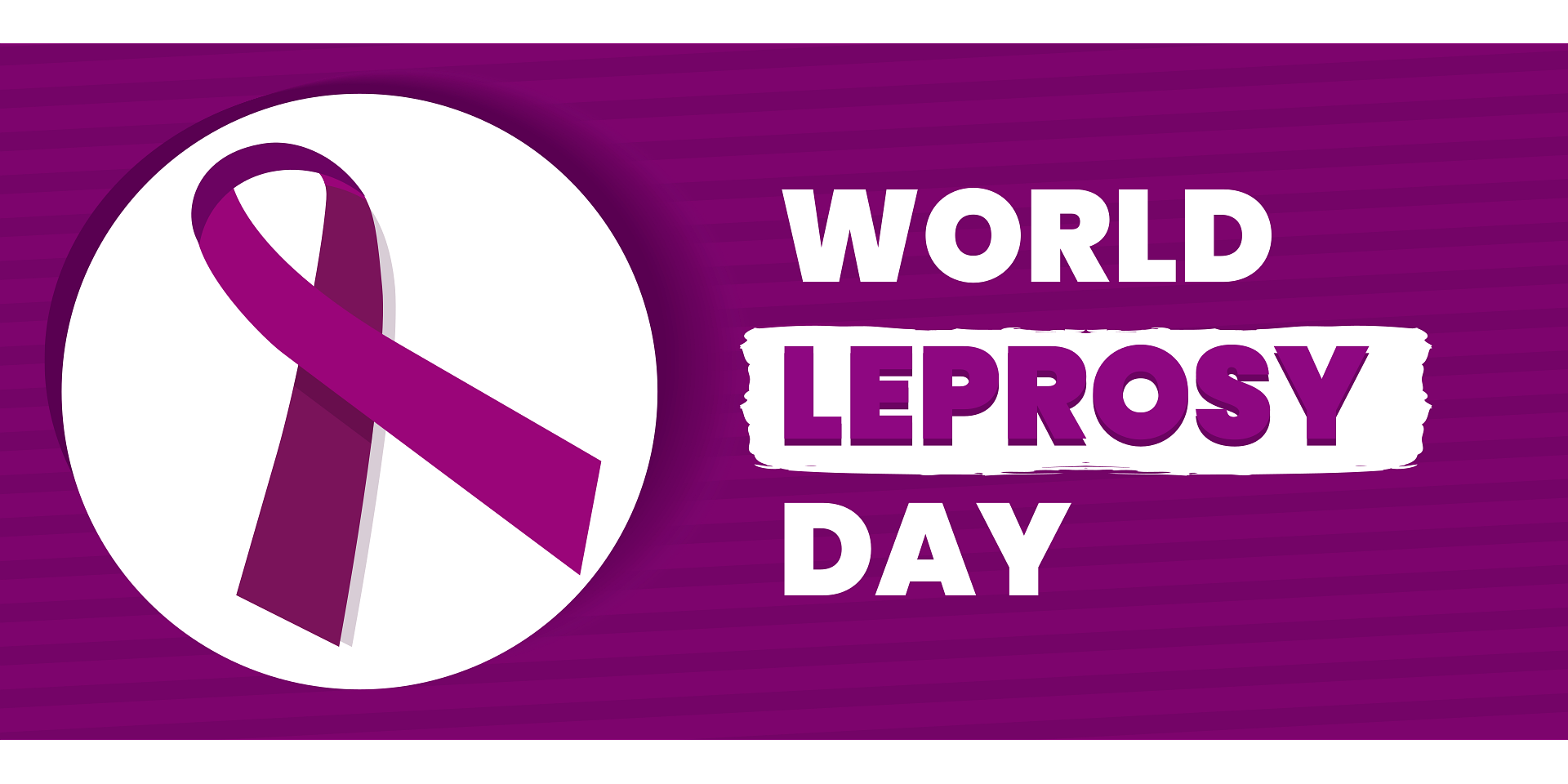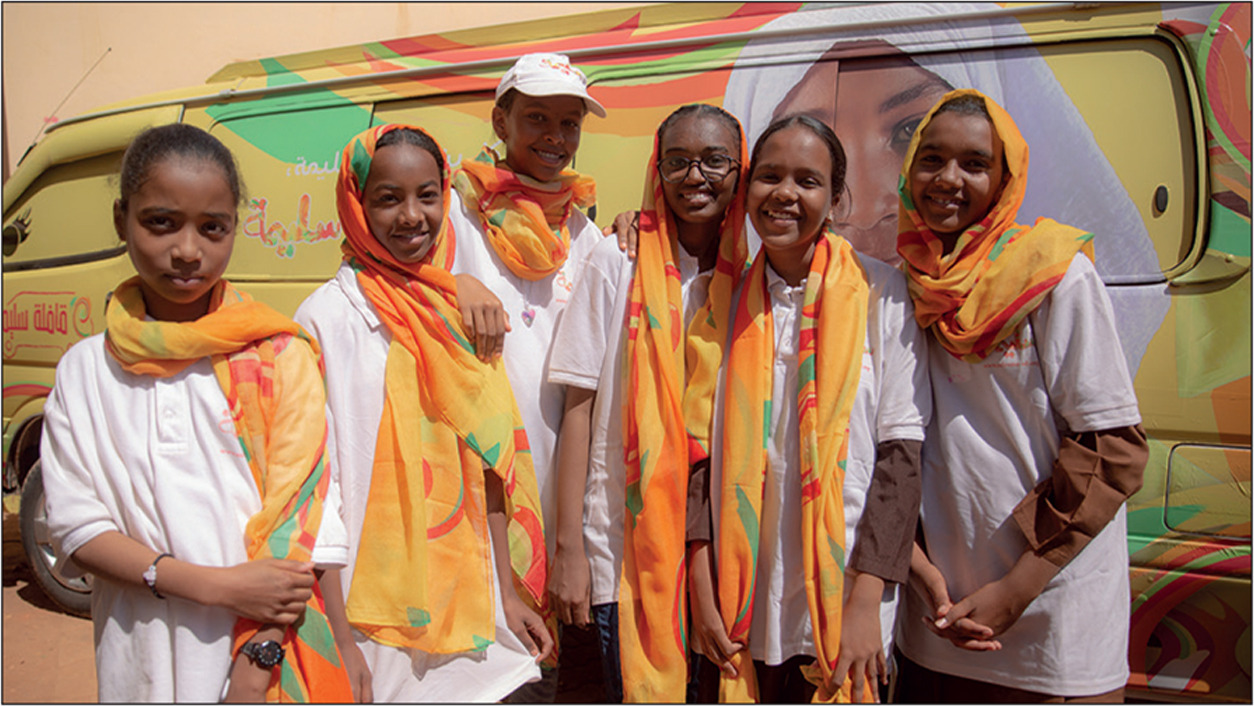2025's World Leprosy Day: A Unified Call for Dignity and Healing
Celebration and Recognition
World Leprosy Day is commemorated each year on the final Sunday of January, promoting worldwide unity in the battle against leprosy. On January 26th, 2025, this day will occur. In India, January 30th is an important event that is observed annually to pay tribute to Mahatma Gandhi's death anniversary. Gandhi was a strong supporter of the rights and respect for individuals stricken with leprosy.
Dynamic Aquaria (Fourth Edition) - Chapter 13: Community structure: Biodiversity in model ecosystems
Dynamic Aquaria, Fourth Edition: Building and Restoring Ecosystems and the Biosphere, 2024, pp 167-180
Advanced Vaccination Technologies for Infectious and Chronic Diseases: A Guide to Vaccinology, Developments in Immunology, 2024, Pages 51-62



